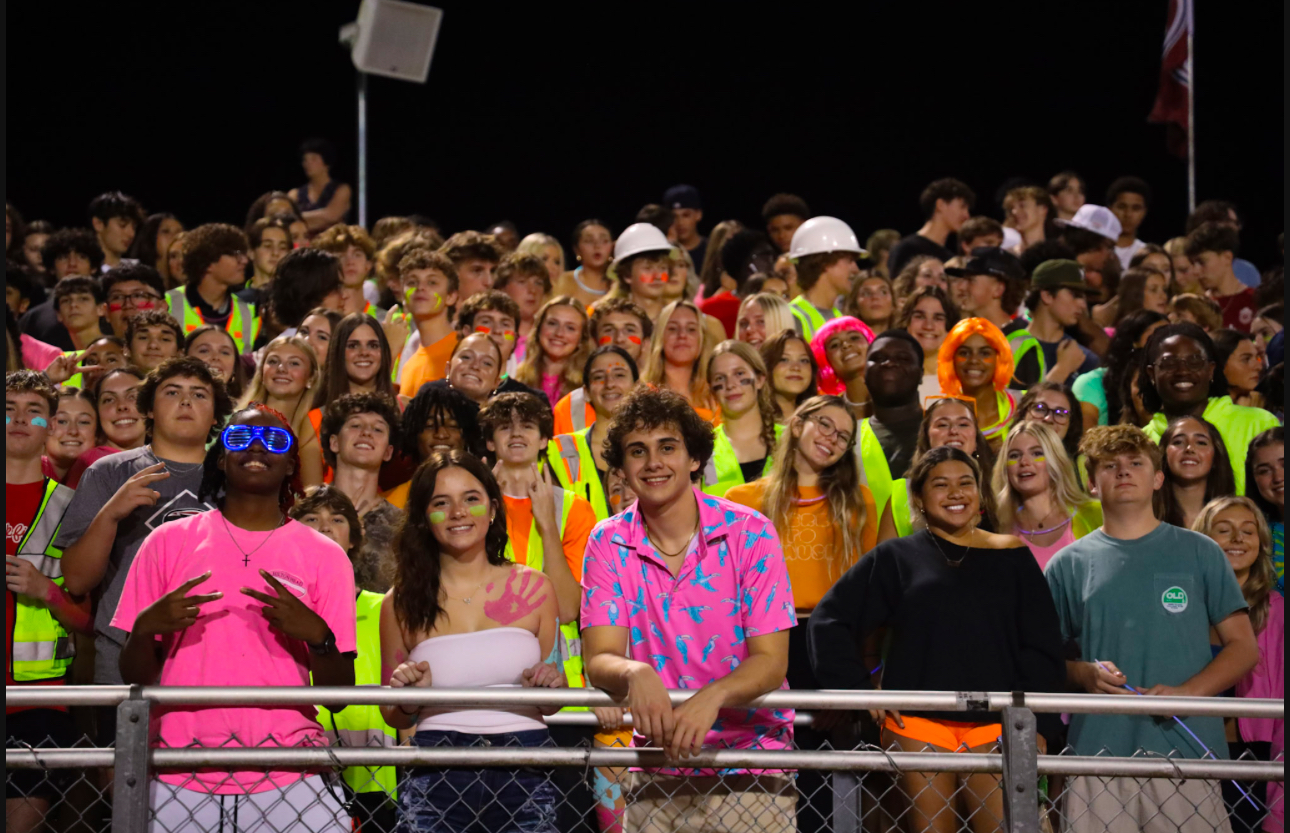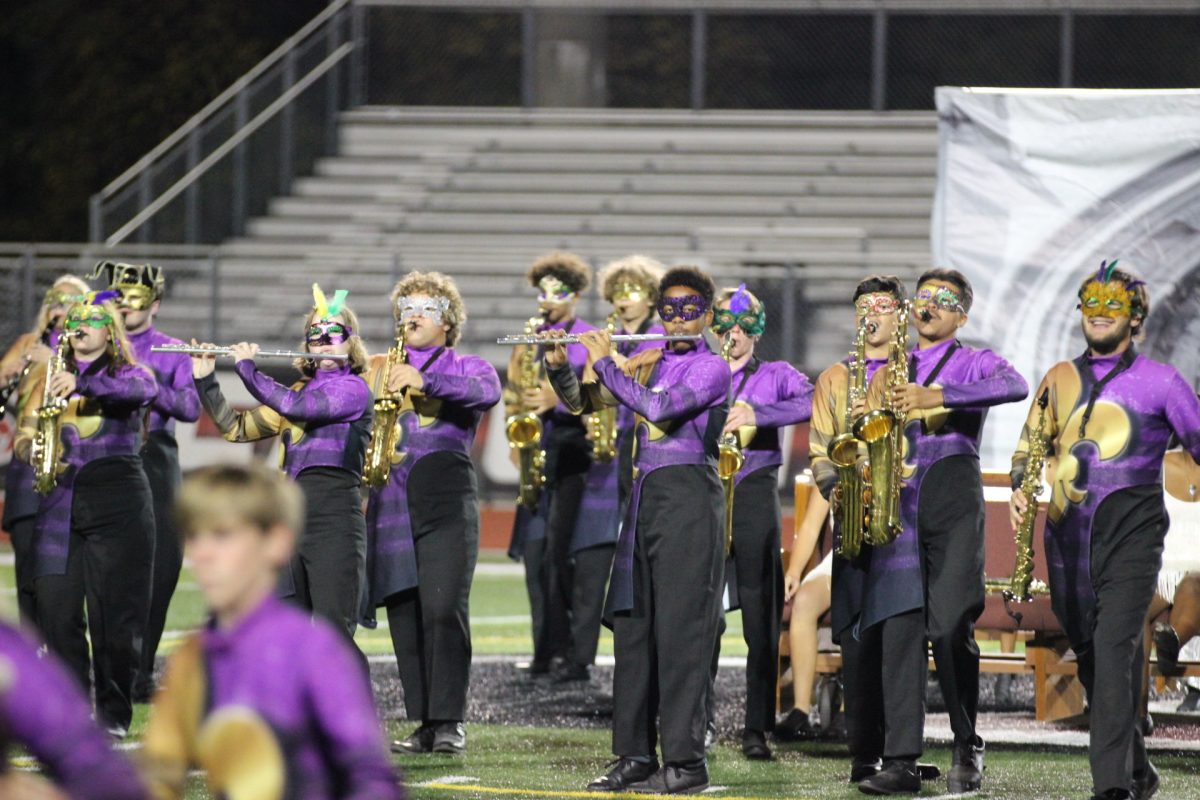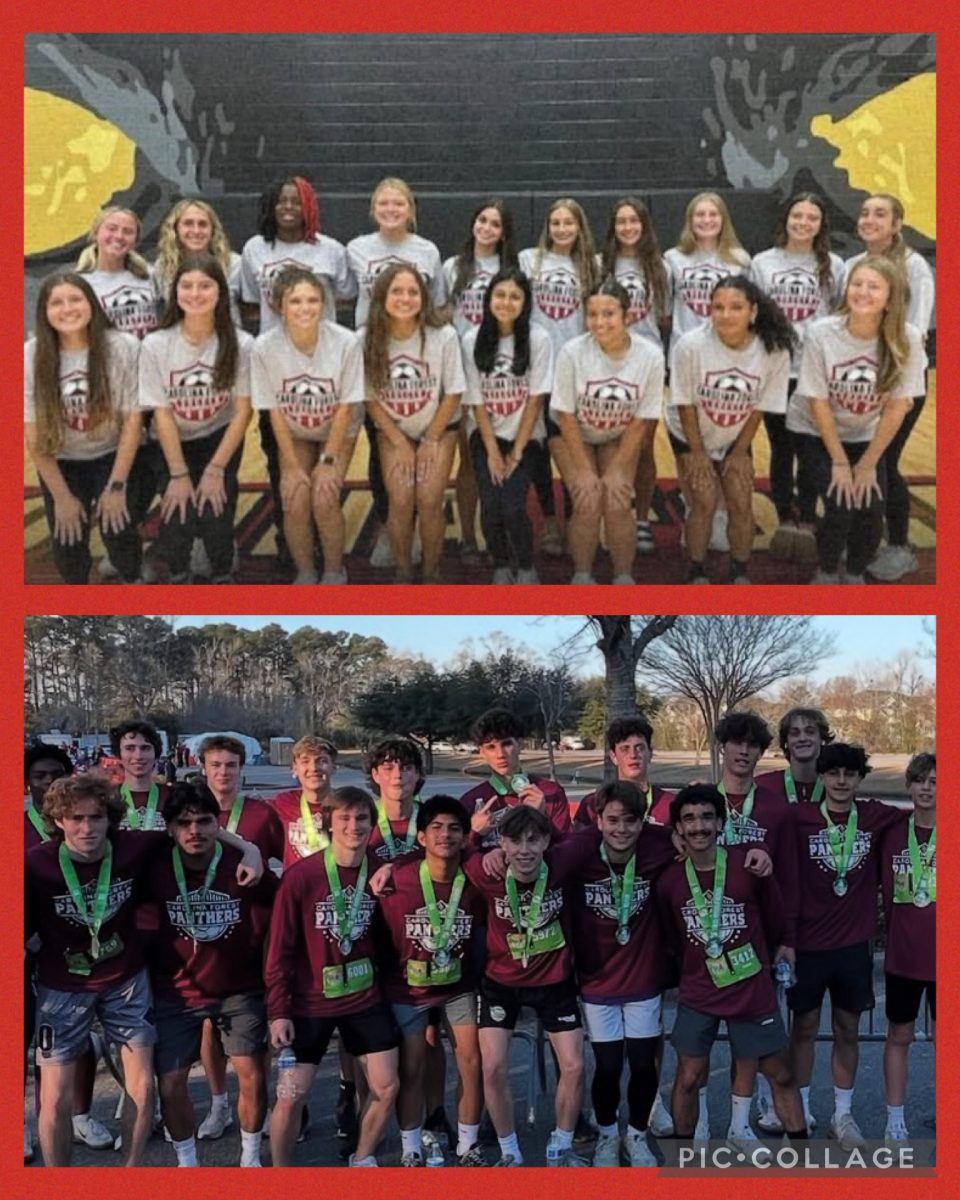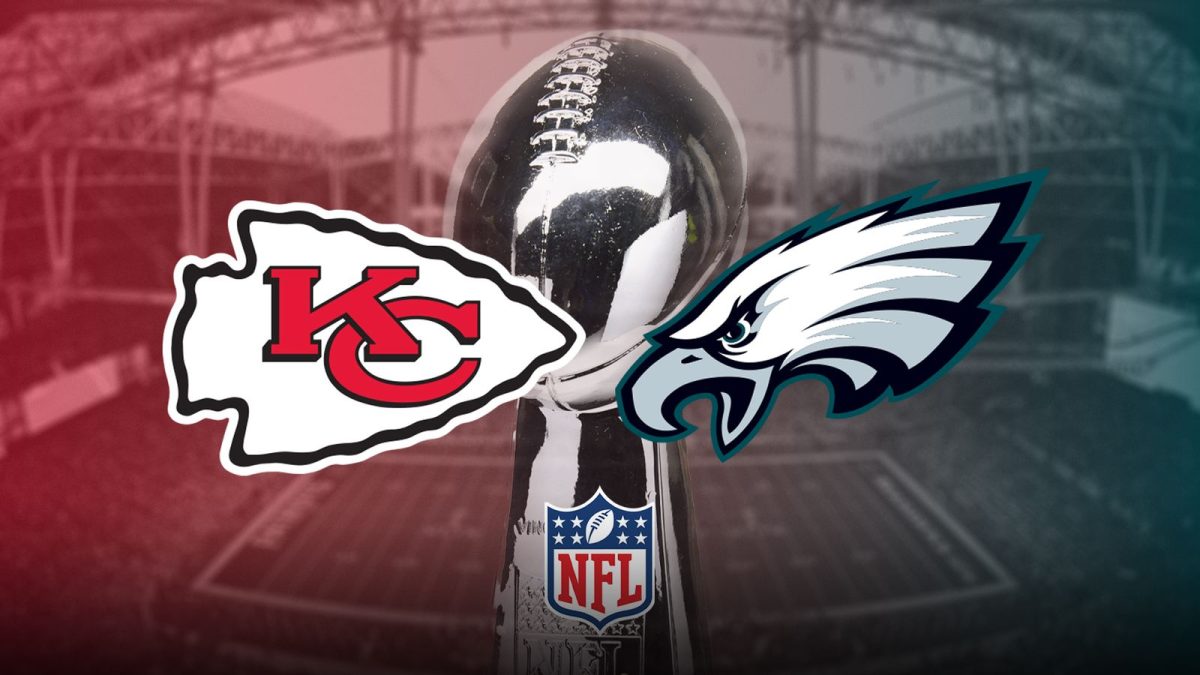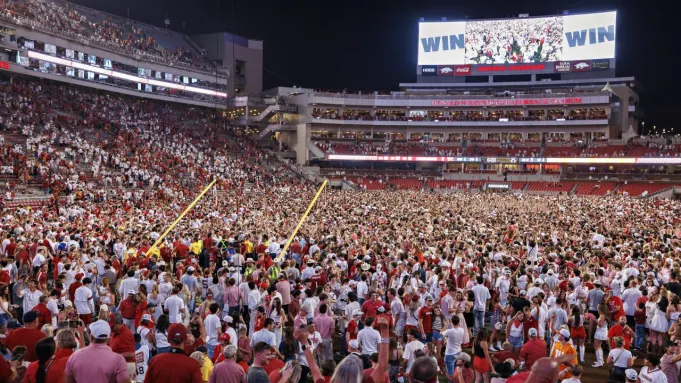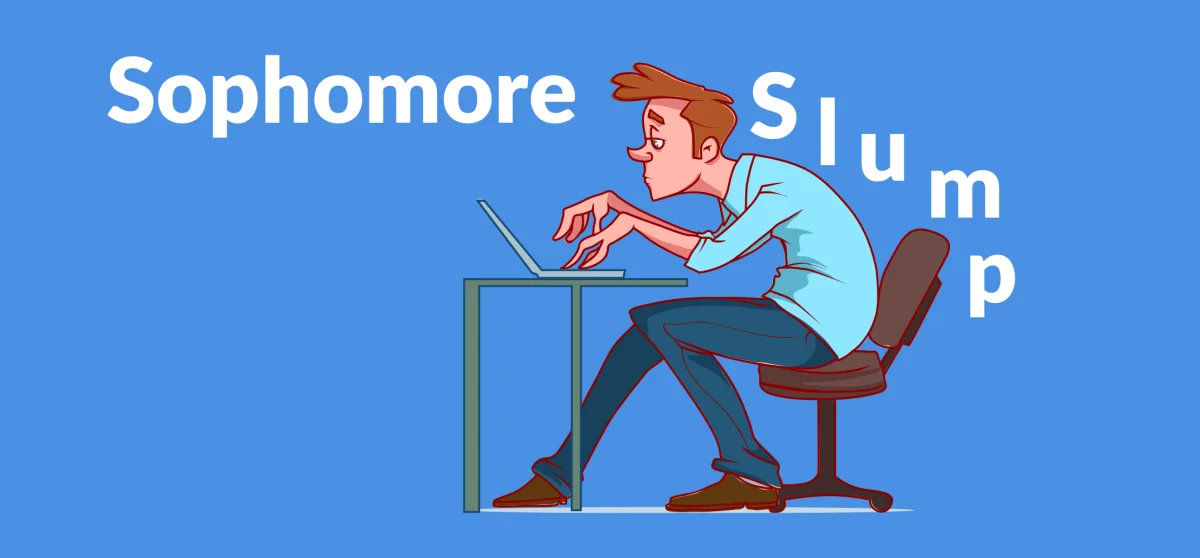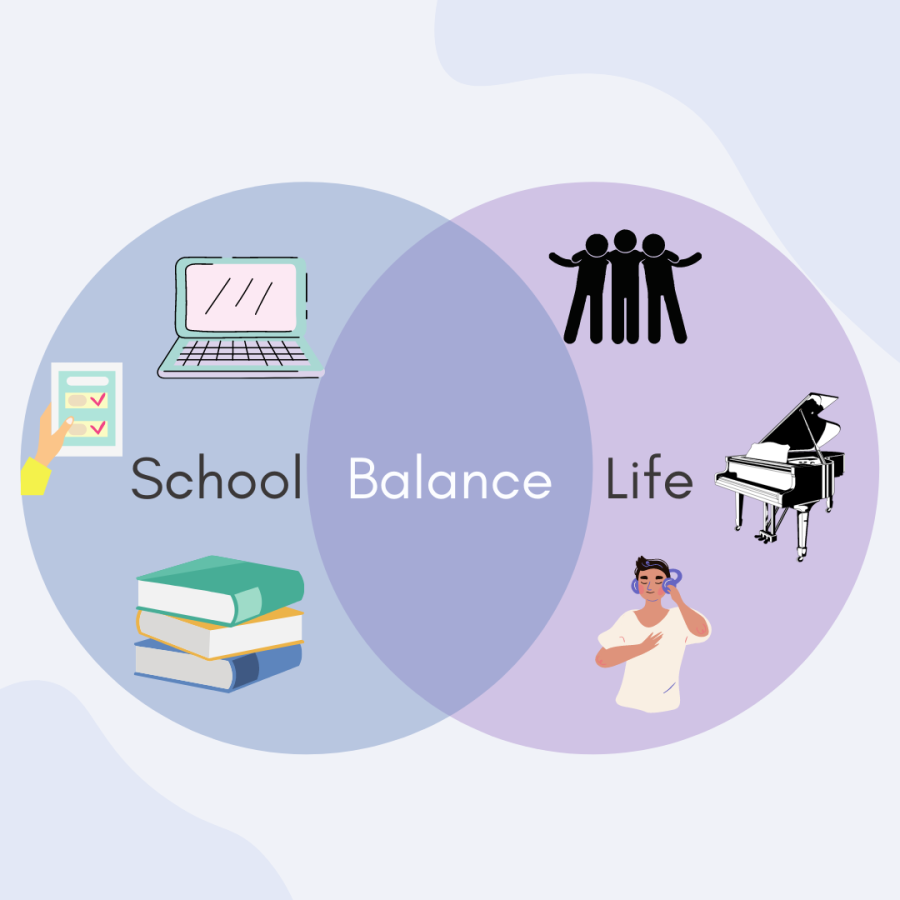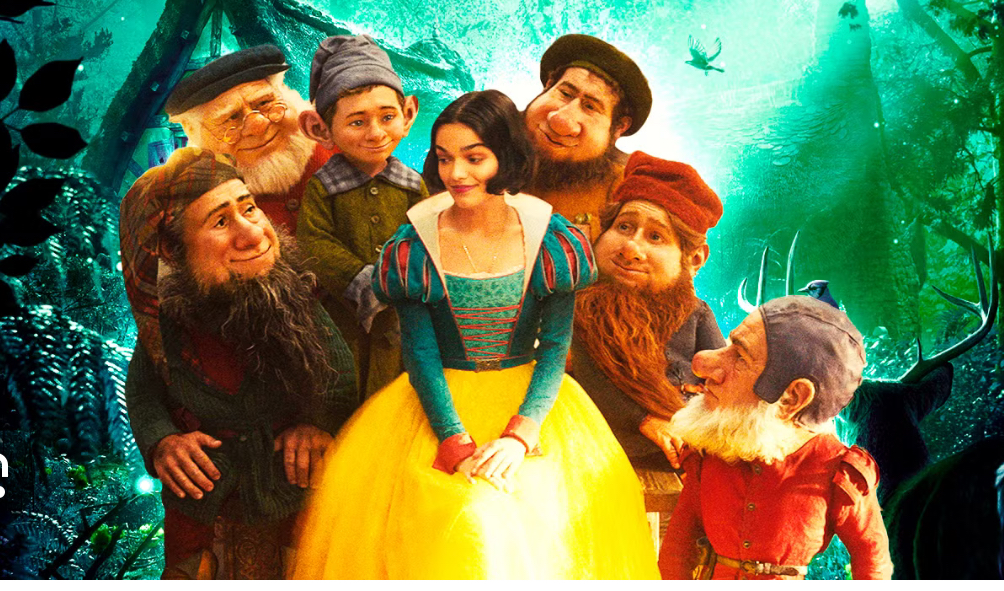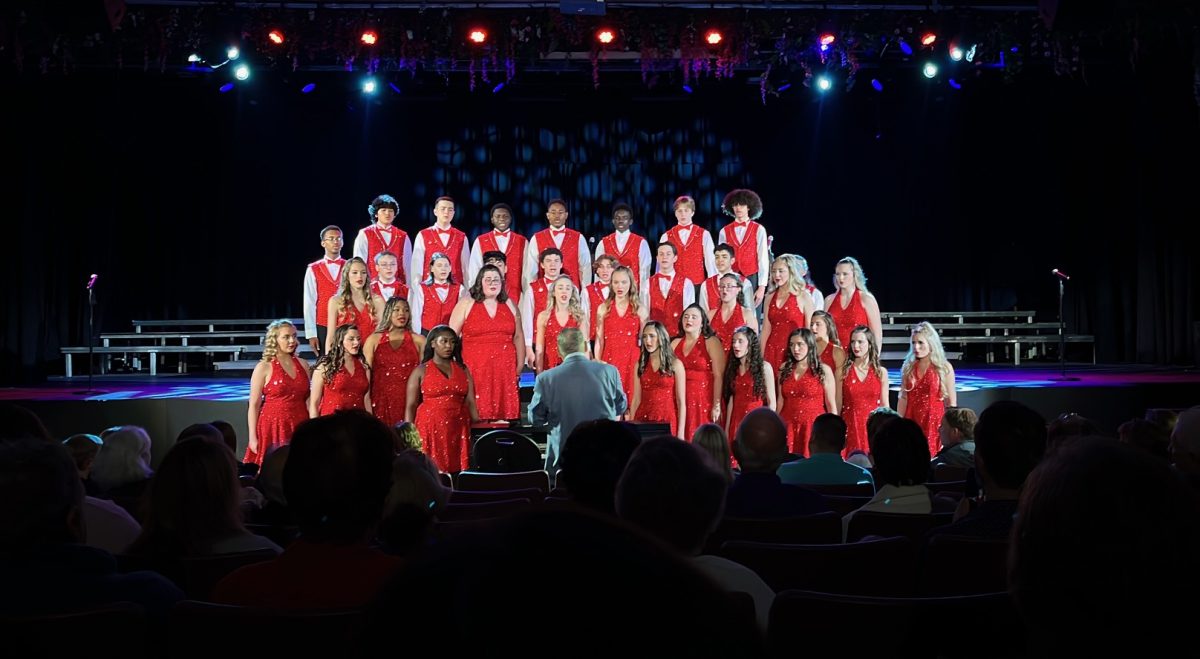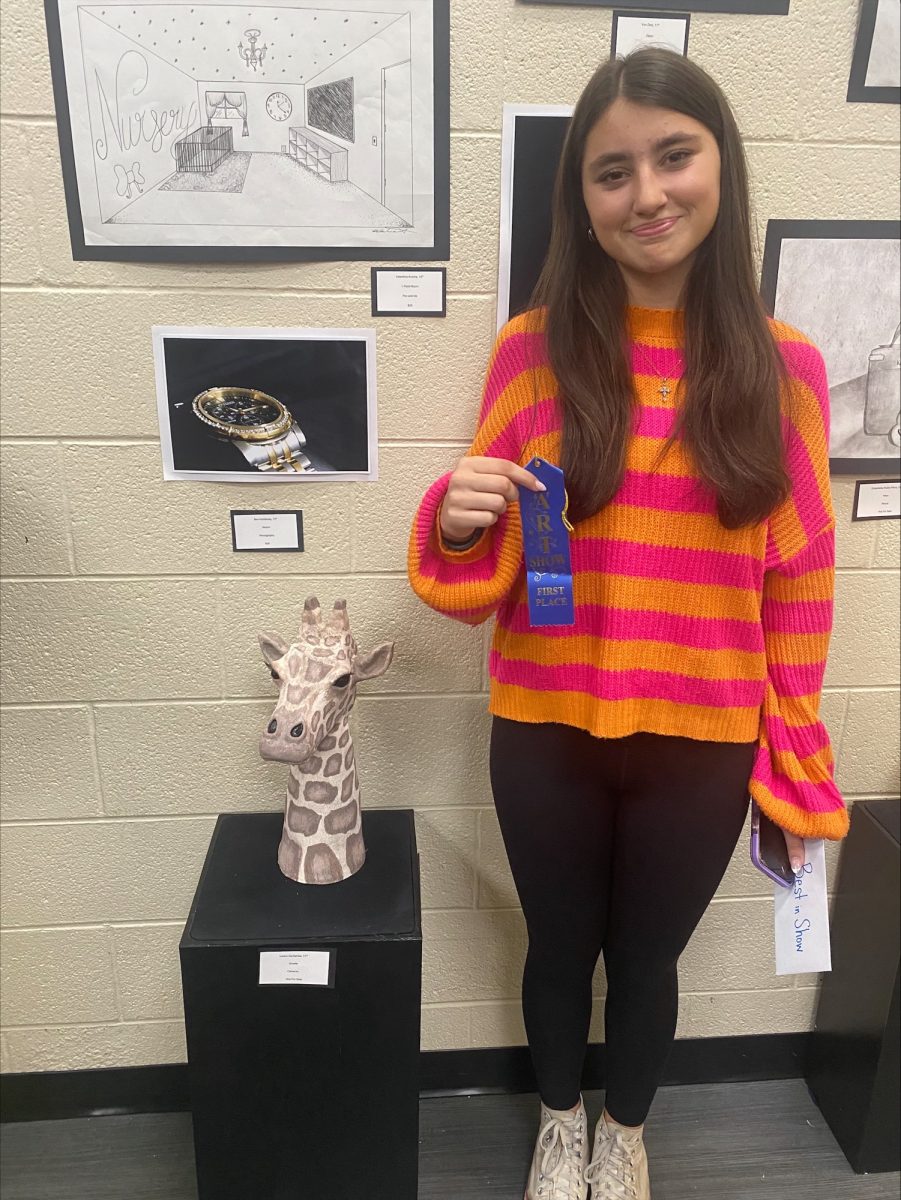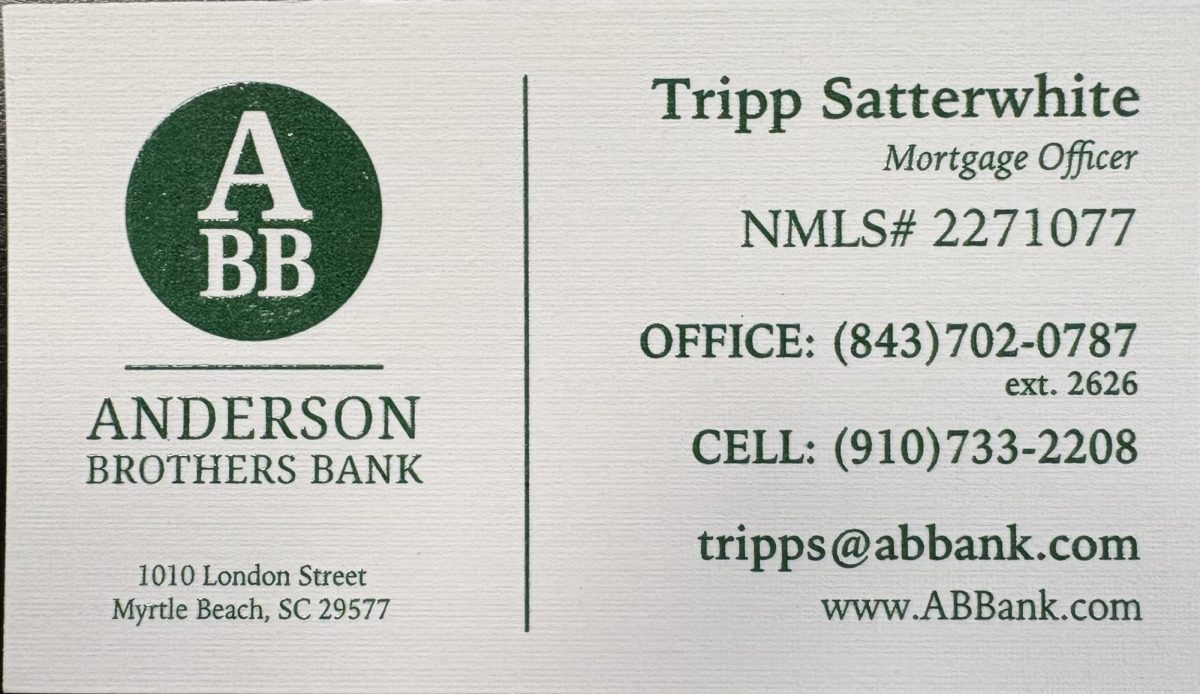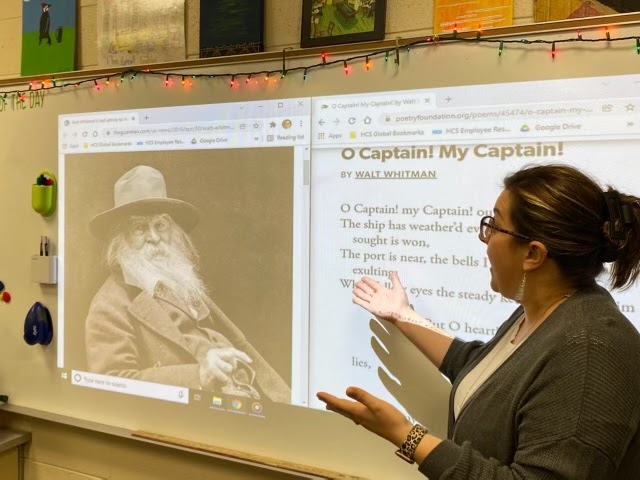The Poetry of Walt Whitman
December 13, 2021
Many people are familiar with the conclusion of the 1989 film “Dead Poets Society” where the students of Mr. Keating’s class stand on the tables while reciting lines from “O Captain! My Captain!” However, many people don’t know the poetic origins of this iconic scene. The poem used in the scene, “O Captain! My Captain!” is a famous poem from Walt Whitman.
Walt Whitman was an American poet who lived from 1819 to 1892. He’s often considered the “father of free verse” and “America’s poet.” What gives him such a highly esteemed reputation? Is he really all he’s made out to be?
Well, during his lifetime, he certainly wasn’t as well-received as he is now. During his life, his collection of poetry titled “Leaves of Grass” was very controversial, and he was even fired from his job in the Department of the Interior for having published it. The collection of poetry deals very openly with themes of sexuality, which was considered taboo during his time. Additionally, Whitman strayed away from typical norms in poetry like rhyme and meter. Nowadays, we crown him with the title “father of free verse” for this, but in his day it was just seen as nonsense.
But, this isn’t to say that Whitman went unrecognized or was entirely disliked during his life. Ralph Waldo Emerson, a contemporary that Whitman looked up to, enjoyed “Leaves of Grass” and even wrote a letter to him congratulating him for it. Many other writers also enjoyed “Leaves of Grass,” such as Henry David Thoreau. The writers enjoyed that his poetry experimented with traditional writing norms and themes surrounding nature and life-affirmation.
His poetry is considered to be the beginning of a truly “American” style of poetry. In his poems, such as “O Captain! My Captain!” and “For You O Democracy,” he celebrated the American values of freedom, liberty and democracy, as well as praising President Abraham Lincoln for his leadership during the Civil War. His poems also cover a variety of other themes, like “Song of Myself,” an epic poem which includes themes about spirituality, love, friendship, democracy and identity.
Walt Whitman’s openness and large thematic reach leads to one of the biggest themes in his poetry: loving life. Whitman, first and foremost, celebrated life as it was and affirmed life for its beauty and love. This led to his opinions and celebrations of things like democracy and freedom, as the real-world expression of the love and excellence that the universe expressed to him.
Whitman has influenced many other poets. Being crowned as “America’s poet” and “the father of free verse,” it has been said that all poetry with a unique American character has some grounding in Whitman. His writing influenced many future writers and poets, such as Ezra Pound, Langston Hughes and Allen Ginsberg.
Whitman is a celebrated figure in American literary history because his themes perfectly express the dream of America: liberty, freedom and democracy. Even though he may not have been as celebrated during his lifetime, Whitman’s legacy forms the foundation of American literature to this day, well over a hundred years later.
